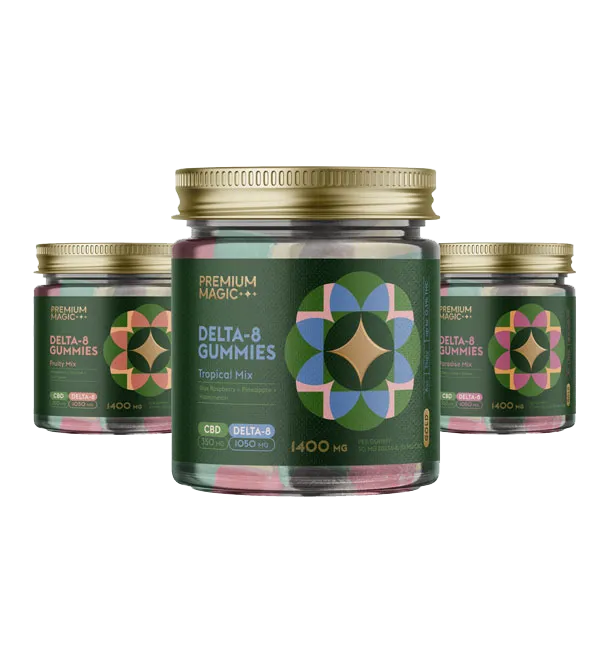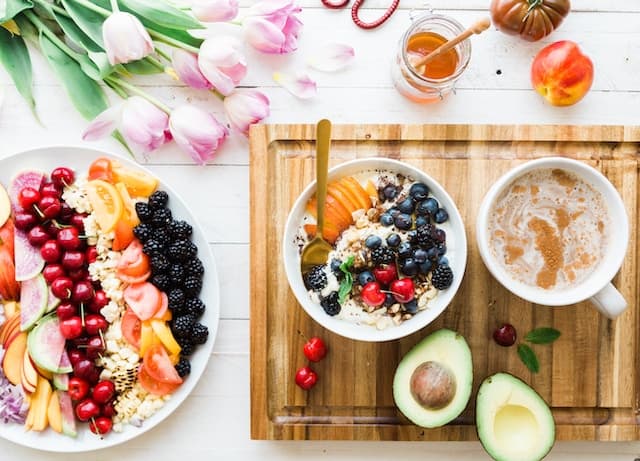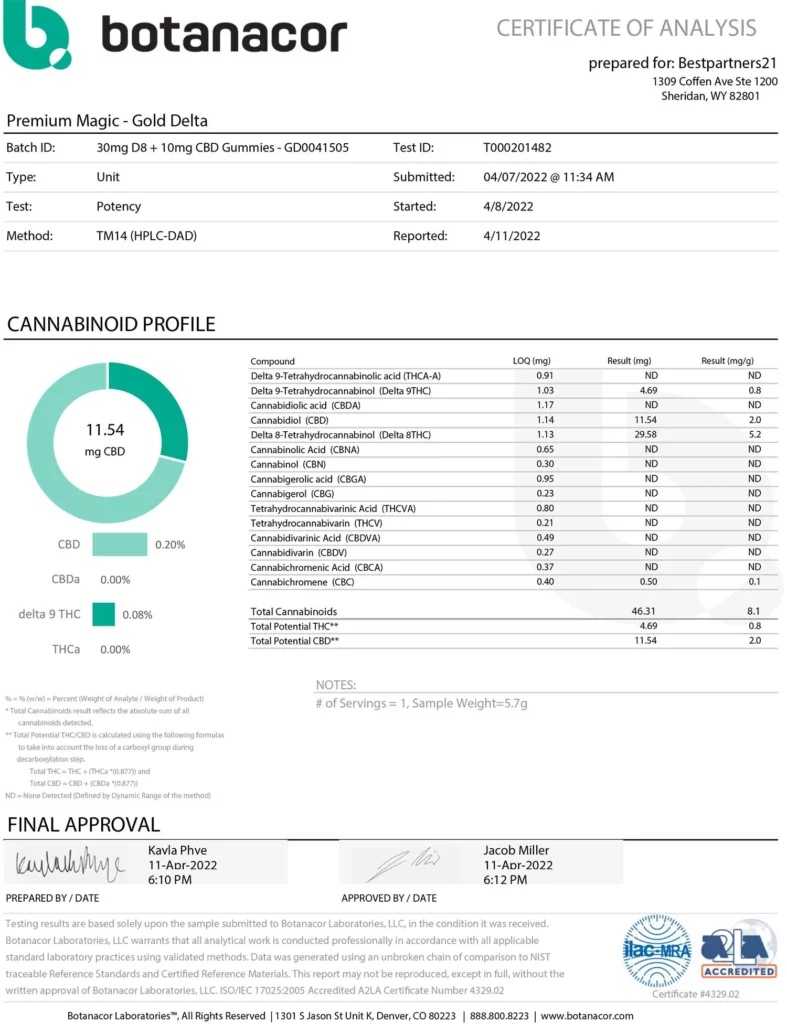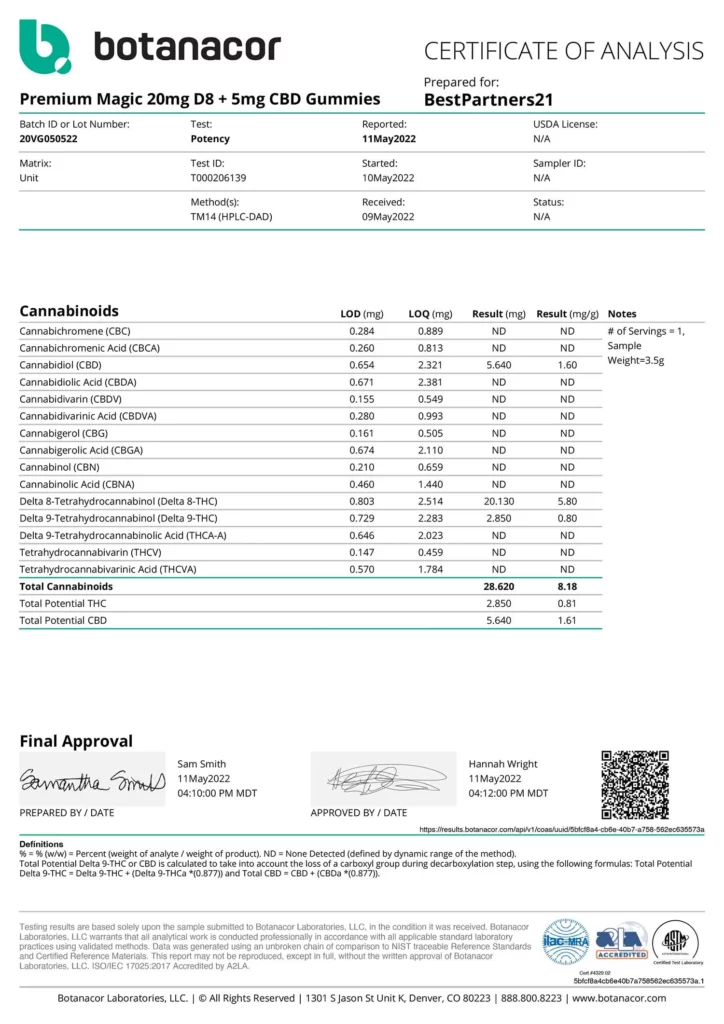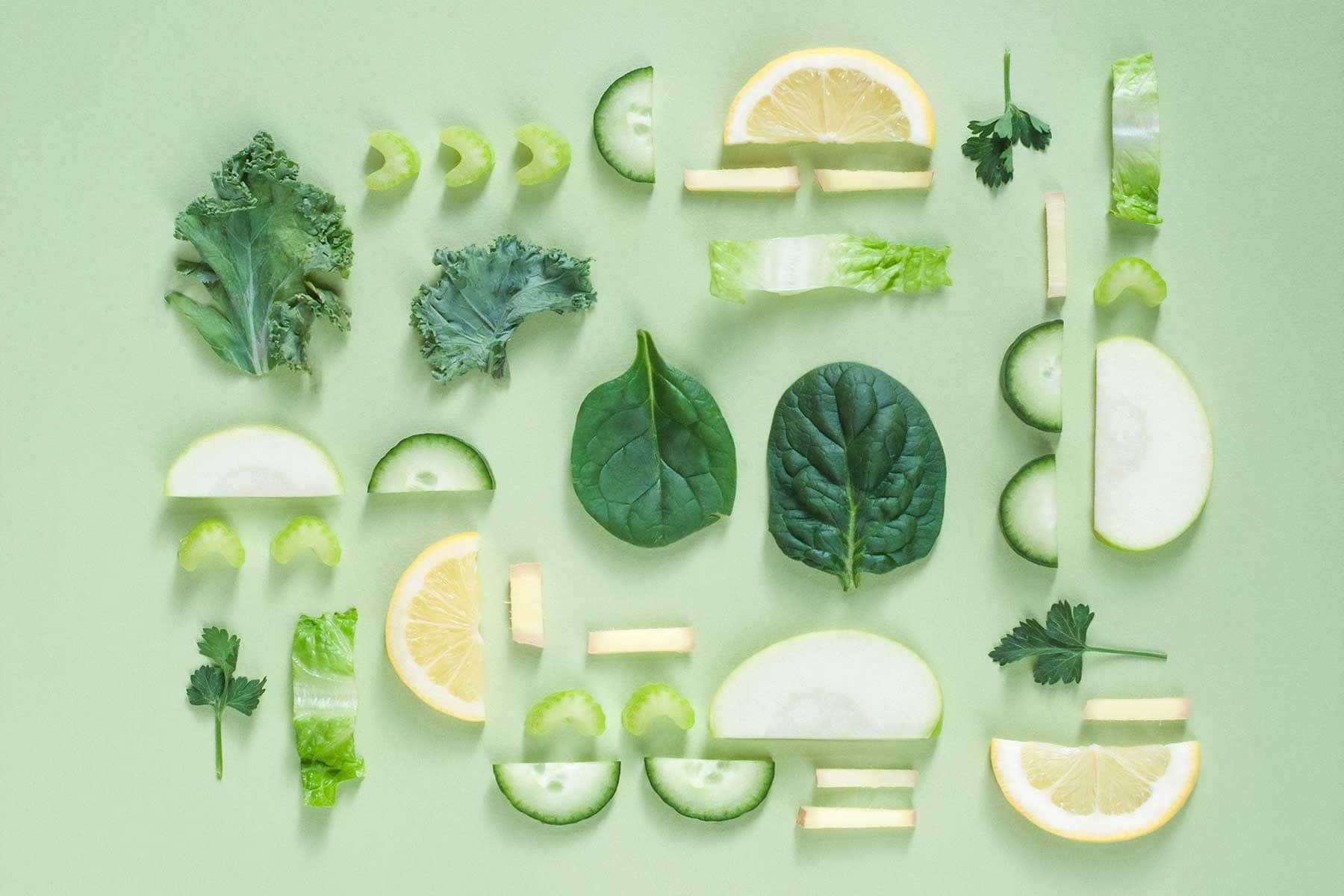
Vegetarian and Vegan Diets: Decoding the Health Benefits

Navigating the world of vegetarian and vegan diets can sometimes feel like learning a new language. But it’s all about unlocking the powerhouse of whole foods, fresh veggies, and other plant-based goodies that pack a punch for your health.
From keeping your heart happy to boosting your energy levels, these vegan diets are more than just “eating green.” They could be your ticket to a healthier lifestyle! So, whether you’re a curious newbie ready to dip your toes in the vegetarian-vegan pool or a seasoned plant-lover looking for more insight, you’re in the right place.
As you dive into this article, you’ll discover the health benefits these vegan diets offer, and why they’re capturing the hearts (and stomachs) of so many around the world.
Understanding Vegetarian and Vegan Diets
If you’ve ever felt a bit confused about the terms “vegetarian” and “vegan,” you’re not alone. These terms are often used interchangeably, but they have distinct meanings. Let’s break them down to clear up any confusion.
What is Vegetarianism?
A vegetarian diet involves avoiding the consumption of meat. This means no beef, poultry, or fish. However, being vegetarian doesn’t necessarily mean avoiding all animal products. Depending on the type of vegetarian diet someone follows, they might still consume some animal-derived products.
Types of Vegan Diets
There are a few variations within the broad category of vegetarianism. Understanding these can help you make informed choices and respect the dietary decisions of others. Here they are:
- Lacto Vegetarian: If you follow this diet, you’ll consume dairy products, but you’ll avoid eggs along with meat. Milk, cheese, and yogurt are all on the menu, but anything with eggs or meat is off-limits.
- Ovo Vegetarian: This is the opposite of the lacto vegetarian diet. If you’re an ovo vegetarian, you eat eggs but steer clear of dairy products and meat.
- Lacto-Ovo Vegetarian: This is the most common type of vegetarian diet. If this is your choice, you’re okay with eating both dairy products and eggs, but meat is still a no-go.
And What About Veganism?
Veganism is a step beyond vegetarianism. If you’re vegan, you avoid all animal-derived products. This means no meat, no dairy, and no eggs. Veganism often extends beyond just food. Many vegans also avoid products that are tested on animals or made from animal-derived materials, like leather. The reasons for choosing veganism can vary; some do it for health reasons, while others are driven by ethical or environmental concerns.
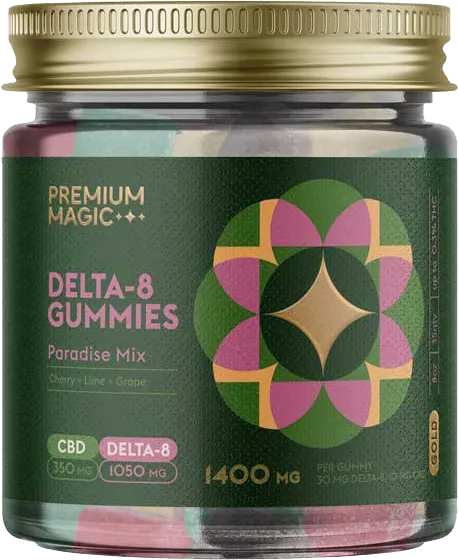
Delta-8 Gummies – Gold Paradise Mix
Original price was: $82.99.$38.99Current price is: $38.99.
Or Subscribe and Save 30%
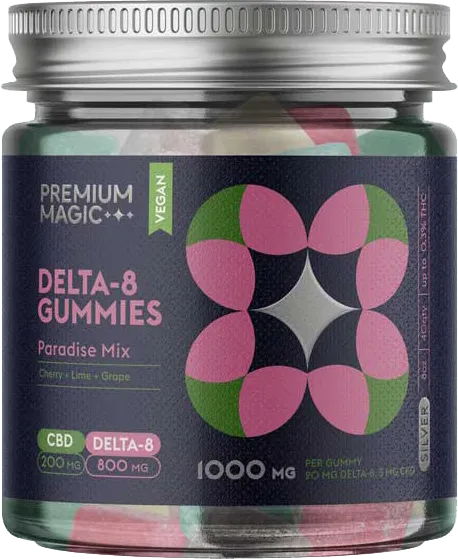
Silver Paradise Mix
Original price was: $68.99.$33.99Current price is: $33.99.
Or Subscribe and Save 30%
Key Health Benefits
Diving deeper into vegetarian and vegan diets, it becomes evident that these choices are not just about personal ethics or environmental concerns. Many people are drawn to these vegan diets because of the tangible health benefits they offer. Here’s a look at some of the primary advantages you might experience when opting for a plant-based diet.
Heart Health
Reduced Risk of Heart Diseases
One of the most compelling health benefits of a vegetarian or vegan diet is the positive impact on heart health. When you prioritize plant-based foods, you’re naturally avoiding many of the saturated fats found in meats, especially red and processed meats. Over time, this can lead to a reduced risk of developing heart diseases. Research has shown that individuals who adhere to vegan diets have a significantly lower risk of experiencing a heart event compared to those who consume meat regularly.
Lower Cholesterol Levels
Did you know that only animal products contain cholesterol? So, when you’re on a vegetarian or, especially, a vegan diet, you’re consuming little to no cholesterol. As a result, many vegetarians and vegans experience lower overall cholesterol levels, which can play a pivotal role in maintaining a healthy heart.
Weight Management
Easier to Maintain a Healthy Weight
Switching to a vegetarian or vegan diet can be an effective strategy if you’re looking to manage your weight. Plant-based vegan diets are often lower in calories and fats compared to vegan diets heavy in meat. The abundance of fruits, vegetables, grains, and legumes means you’re getting more nutrients per calorie, which can keep you full and satisfied without overeating.
Lower Risk of Obesity
Obesity is a growing concern worldwide, and diet plays a significant role in its prevalence. Several studies have found that vegetarians and vegans, on average, have a lower body mass index (BMI) than omnivores. This translates to a lower risk of obesity and its associated health concerns, like joint problems or heart disease.
Improved Digestion
High Fiber Content Aiding Digestion
Ever felt sluggish or bloated after a heavy meal? A shift towards plant-based eating might be the solution you’re seeking. Vegetarian and vegan diets are rich in dietary fiber, found in plant foods like fruits, vegetables, grains, and legumes. Fiber is essential for smooth digestion, preventing constipation, and ensuring regular bowel movements.
Reduced Risk of Digestive Disorders
Beyond just aiding regularity, high-fiber vegan diets can also lower your risk of certain digestive disorders. For example, diverticular disease, a condition where small pouches form in the colon, is less common among those who consume a vegetarian diet. Fiber helps keep things moving in the digestive tract, reducing the chance of such complications.
Reduced Risk of Chronic Diseases
Lower Chances of Diabetes, Certain Cancers, and Hypertension
The benefits of vegetarian and vegan diets extend even further, potentially shielding you from several chronic diseases. For starters, plant-based vegan diets can improve blood sugar control, reducing the risk of type 2 diabetes.
Moreover, there’s evidence suggesting that vegetarians might have a lower risk of certain cancers. Specifically, avoiding red and processed meats can reduce the risk of colorectal cancers.
Lastly, hypertension or high blood pressure is a major risk factor for heart disease and stroke. The good news? Consuming a diet rich in fruits, vegetables, and low-fat dairy products, and reducing saturated and total fat, can help lower blood pressure.
Nutritional Concerns and How to Address Them
Adopting a vegetarian or vegan diet can bring numerous health benefits to the table. But like any diet, it’s essential to ensure you’re getting all the necessary nutrients. While plant-based vegan diets are rich in many vitamins and minerals, there are a few nutrients that you might need to pay extra attention to.
The Vital Nutrients
Importance of B12
Vitamin B12 plays a crucial role in nerve function and the production of DNA and red blood cells. Unlike other vitamins, B12 isn’t found naturally in plant foods. So, if you’re vegetarian or vegan, you’ll want to ensure you’re getting enough of this vital nutrient.
Iron Essentials
Iron is crucial for transporting oxygen in your blood. While plant foods contain iron, it’s in a form that’s less easily absorbed by the body than the iron from meat. However, with careful planning, you can still get enough iron from a vegetarian or vegan diet.
Calcium Counts
You probably know calcium is essential for strong bones. And while dairy is a common source, it’s not the only one. If you’re vegan or a dairy-avoiding vegetarian, there are other ways to ensure you’re getting enough calcium.
Omega-3 Significance
Omega-3 fatty acids are essential fats that play a role in brain function and heart health. Fish is a well-known source, but what if you’re avoiding animal products entirely? There are plant-based sources of omega-3s you can turn to.
Food Sources and Supplements
B12 Sources
- Fortified cereals and plant milks
- Nutritional yeast (often used for its cheesy flavor in vegan dishes)
- B12 supplements
Iron-rich Foods
- Lentils, chickpeas, and beans
- Tofu
- Pumpkin seeds and sunflower seeds
- Fortified cereals
- Spinach and other leafy greens
- Consuming foods rich in vitamin C (like oranges or bell peppers) alongside iron-rich foods can enhance iron absorption.
Calcium Sources
- Fortified plant milks (like almond, soy, or rice milk)
- Leafy greens like kale and collard greens
- Tofu and tempeh
- Figs and almonds
- Calcium supplements, if needed
Omega-3 Sources
- Flaxseeds and flaxseed oil
- Chia seeds
- Walnuts
- Hemp seeds
- Algal oil (a vegan supplement sourced from algae)
CBD/Delta 8 and Plant-Based Diets: A Synergistic Effect?
Navigating the world of health and wellness, you’ve likely come across mentions of CBD and Delta 8. But have you ever considered their potential synergy with vegetarian and vegan diets? Let’s dive into this intriguing combination.
Benefits of Combining CBD with a Vegetarian or Vegan Diet
When you combine the benefits of a plant-based diet with the potential therapeutic properties of CBD and Delta 8, some exciting synergies emerge.
- Anti-Inflammatory Benefits: Vegetarian and vegan diets are often rich in anti-inflammatory foods, like berries, nuts, and green leafy vegetables. CBD, too, has been researched for its anti-inflammatory properties. Combining these could offer a double punch against inflammation.
- Enhanced Digestive Health: As mentioned earlier, plant-based vegan diets can aid digestion due to their high fiber content. Some users believe that CBD may help with certain digestive issues, providing an added layer of digestive support.
- Mood and Stress: Many people turn to plant-based vegan diets for overall well-being. CBD and Delta 8 are often touted for their potential to help with anxiety and mood regulation. Pairing them with a nutrient-rich vegetarian or vegan diet might amplify these benefits.
Concluding Thoughts:
Have you ever realized just how powerful your dietary choices can be? Through this article, you’ve journeyed into the myriad of health benefits associated with vegetarian and vegan diets. From improved heart health to effective weight management and a potential reduction in chronic diseases, the advantages are profound.
But remember, it’s not just about the foods you’re adding; it’s also about the ones you’re leaving out. By prioritizing plant-based foods, you’re setting yourself on a path to a potentially healthier future.
So, as you ponder your next meal, consider the impact your choices can have on your well-being. Every bite you take is a chance to nourish your body and promote better health. Why not make the most of it?
